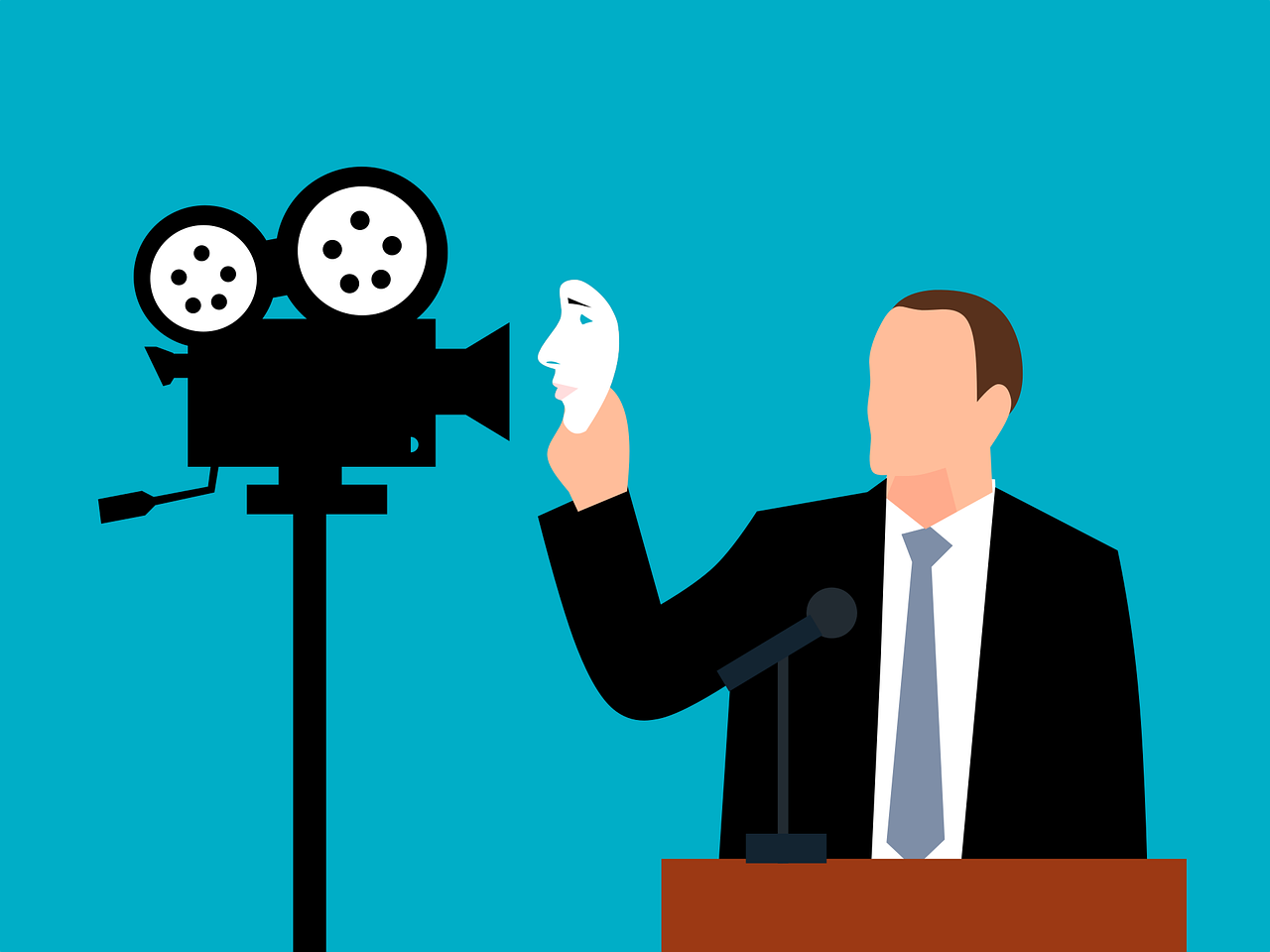
The rise of technology is affecting our relationships with the people in charge.
At the moment, there is arguably no form of media more important than social media — for many cultural, social, and political reasons.
It might even be labeled “technofeudalism,” where we essentially “rent” little plots of space from each platform, whether through a TikTok account or an Instagram profile. According to Yanis Varoufakis, the former finance minister of Greece, we cultivate our existence by producing posts, stories, and comments. For many of us, our being and knowledge of others are owed directly to those at the top of these trillion-dollar companies (and to CIS [Computer Information Systems] majors too, of course).
We’re giving rise to ultra-powerful, uber-rich executives who — as we have apparently just now discovered — can consolidate their power with heads of state to create dangerous technocracies with little regulation. As Mark Zuckerberg bows to President Donald Trump, Elon Musk continues to rule X (the platform formerly known as Twitter), and TikTok seeks a way to stay in the United States with the help of the new administration, perhaps these are signs we need to expand our streams of information.
Government-led propaganda is as old as time, from stories of the “divine right of the king” to the censorship of books. Recently, social media has even helped former President Barack Obama, orchestrating a sense of charisma critical to his campaigns. We just don’t get user-captured moments of charisma such as Obama calming a baby or playing basketball on busy television networks.
Perhaps Trump’s success among young voters can also be attributed to a similar, subtle effort by those close to him.
He might even be using his 17-year-old granddaughter, Kai Trump. I was surprised to find myself hooked as I watched her vlog her way through the presidential inauguration. With her “chill guy” jokes, “frat flicks,” Drew Starkey fangirling, and other pop culture references, it’s easy to see how social media can humanize the distant in a way that hasn’t been the norm, with politicians being no exception. That might have even been what Trump was going for when he went on Joe Rogan’s prominent conservative podcast one week before the 2024 election, allegedly at the behest of his 19-year-old son Barron Trump.
When weaponized strategically, social media makes politics feel like reality TV with fun characters instead of governance. Our impression of politicians (and their families) is then based on infamous memes like “coconut tree” or “suitcase,” while informed and nuanced policy discussions take the back burner.
Besides the cleansing of personalities, social media can also build false realities. When you sit down and watch the news, like you might have done before social media, you do so to see the situation at hand, perhaps through footage and accounts of something dramatic. When you use social media, yes, you have orders of magnitude more information, but also an incredible ability to ignore or hide from things you don’t want to see. When overloaded with reports, most of which are negative, you might find that scrolling or even the unfollow button is necessary for preserving your sanity — but this potentially results in the loss of beneficial information.
Take, for example, Trump’s threats to shut down FEMA, America’s federal agency for disaster response and recovery. After watching a 45-second clip, skimming an article from Fox, and scrolling past a dozen comments from anonymous users, you can easily convince yourself that the program is a “waste of taxpayer money.” Once you put away your phone, you don’t get to see the perhaps millions of people and dozens of states that FEMA has helped.
I’m not arguing that FEMA is perfect, but I am concerned about the way social media leads people to preemptively jump to conclusions. With social media, we get infinite sources in exchange for the extra step of siphoning through and deciphering the truth ourselves. If we don’t, quick, sensational solutions will garner the bulk of our attention, such as the elimination of agencies or one-sided, impractical ultimatums.
How do politicians and their proposals look outside a cell phone and in the real world? We need to tone down our love of “personality politics” and tune into diverse sources of information to understand what’s happening. It’s up to the technocrats to do their part in ensuring that their platforms are not used for the dissemination of myths. Then, it’s up to us to urgently foster a sense of media literacy to hold our government accountable.
Namrata Pradeep is a first-year at the University of Pennsylvania. This article was originally published in The Daily Pennsylvanian and is posted here with permission from Namrata Pradeep.
Like most of the pictures on TeensParentsTeachers, the picture posted with this article is courtesy of a free download from Pixabay.com.



